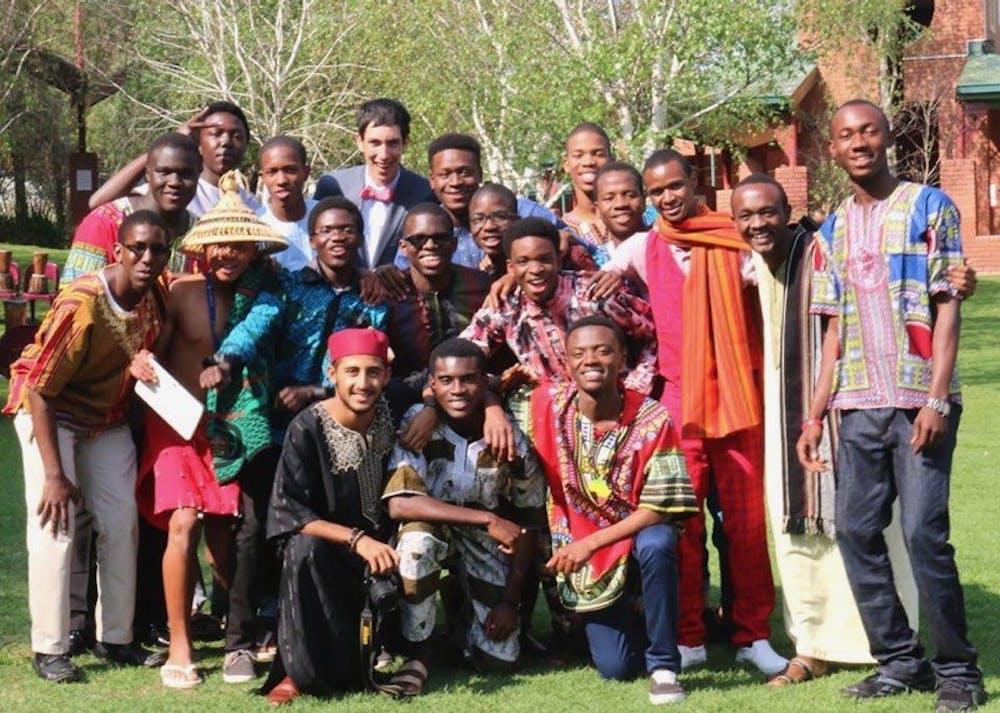There are five UNC students from African Leadership Academy (ALA), a two year long pre-university diploma program that has admitted over 700 students from over 45 African countries.
Bradley Opere, former student body president of the 2016-17 school year, was a student from the program.
Fred Swaniker wanted to transform educational systems in Africa and create a world-class academic institution, where young students were eager to make an impact.
He set his mind to the idea and collaborated with his partner, Chris Bradford. In 2008, the ALA doors opened in Johannesburg, South Africa.
Dikenna Ogbo, UNC sophomore and former ALA student, received the Robertson Scholarship and decided to come to UNC for its arts program and now also double majors in computer science.
“The whole idea of ALA is to have African students feel that they have potential to change the continent,” he said. “They’re trying to nurture us and then put us in situations where we have to sort of practice forms of leadership and entrepreneurship creativity.”
ALA has a unique curriculum that includes courses in entrepreneurial leadership, writing and rhetoric, African studies and Cambridge A-levels.
Kyende Kinoti, sophomore and former ALA student, said the organization is based on financial aid so that they can accept people from all backgrounds and economic classes. A former ALA student that receives financial aid doesn't have to pay back the loans, if that individual returns to Africa and works for 10 years after they graduate from a university.
Kinoti said in the second year of ALA, its students run an enterprise on campus. Some students sold ALA hoodies, while others created an on-campus radio station, prepared organic food for the dining hall and came up with other creative initiatives.




